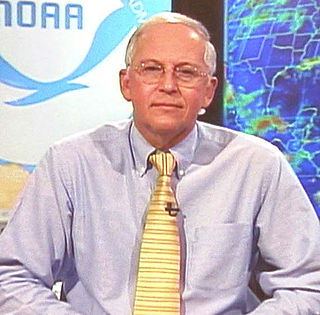A Quote by James A. Owen
Sometimes a catastrophe is simply a course correction.
Quote Topics
Related Quotes
People get sick and sometimes they get better and sometimes they don't. And it doesn't matter if the sickness is cancer or if it's depression. Sometimes the drugs work and sometimes they don't. Sometimes the drugs work for a while and then they stop. Sometimes the alternative stuff works and sometimes it doesn't. And sometimes you wonder if no outside interference makes any difference at all; if an illness is like a storm, if it simply has to run its course and, at the end of it, depending on how robust you are, you will be alive. Or you will be dead.
Most academic historians accept that historians' own circumstances demand that they tell the story in a particular way, of course. While people wring their hands about 'revisionist' historians; on some level, the correction and amplification of various parts of the past is not 'revisionism' as it is simply the process of any historical writing.
'It’s, like, one of them drug dealer boats,' Vic says, looking through his magic sight. 'Five guys on it. Headed our way.' He fires another round. 'Correction. Four guys on it.' Boom. 'Correction, they’re not headed our way anymore.' Boom. A fireball erupts from the ocean two hundred feet away. 'Correction. No boat.'
I am not fooling myself with dreams of immortality, know how relative all literature is, don't have any faith in mankind, derive enjoyment from too few things. Sometimes these crises give birth to something worth while, sometimes they simply plunge one deeper into depression, but, of course, it is all part of the same thing.
Catastrophe Theory is-quite likely-the first coherent attempt (since Aristotelian logic) to give a theory on analogy. When narrow-minded scientists object to Catastrophe Theory that it gives no more than analogies, or metaphors, they do not realise that they are stating the proper aim of Catastrophe Theory, which is to classify all possible types of analogous situations.






































